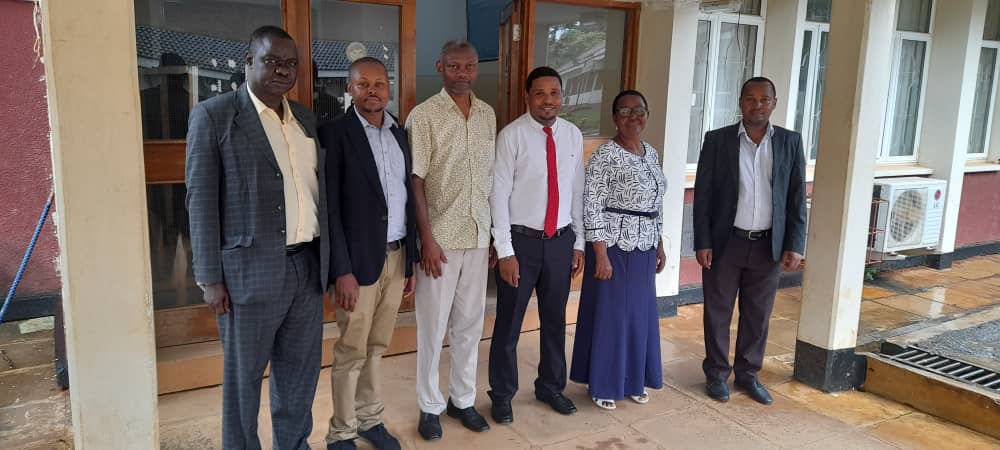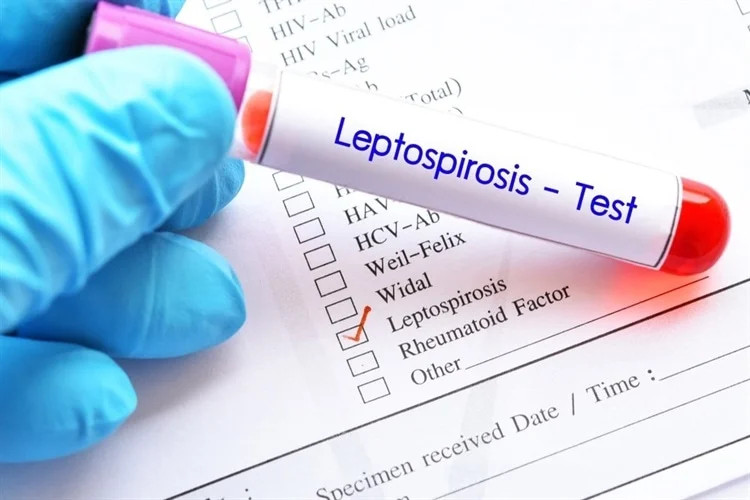The Department of Animal, Aquaculture and Range Sciences is pleased to inform the scientific community and to Congratulate Dr. Muumin Iddi Hamad a member of academic staff, for a successfully defending his PhD on the 06th of November 2023 at Sokoine University of Agriculture. The tittle of his PhD thesis is “Analysis of Diurnal and Seasonal Dynamics of Water Quality Parameters and Their Implications on Metabolism and Physiology of Nile tilapia (Oreochromis niloticus) Cultured in Earthen Ponds.”
Dr. Muumin Iddi Hamad was supervised by Dr. Hieromin Amon Lamtane and Dr. Renalda Nanziga Munubi both are Senior Lectures at Sokoine University of Agriculture in the Department of Animal, Aquaculture and Range Sciences, and Prof. Peter Vilhelm Skov at DTU Aqua in Technical University of Denmark.
Summary of his study
Over 80% of the Tanzania’s aquaculture produced fish comes from Nile tilapia (Oreochromis niloticus) cultured in ponds. In earthen ponds, the performance of Nile tilapia is affected by variation of water quality parameters which are likely to adversely affects their physiology.
The study was carried out to evaluate diurnal, and seasonal dynamics of water quality parameters in fishponds located in 4 agro-ecological zones in Tanzania. The study also determines (i) the physiological effect of increased level of dissolved carbon dioxide, (ii) the effect of interaction of hypoxia and hypercapnia on feed ad feed utilization, (iii) the effect of acute exposure to temperature upon oxygen variation on respiratory physiology, metabolic rate and cardiac performance.
In-situ measurements of water quality parameters and laboratory experiments were carried out in Tanzania and Technical University in Denmark respectively. Results showed that diurnal and seasonal water temperature vary significantly among agro-ecological zones with Eastern zone having the highest water temperature and the lowest in the Southern Highland zone. For the laboratory experiment, acute exposure to hypercapnia (high level of dissolved carbon dioxide) led to concentration-dependent decreases in both Standard metabolic rate (SMR) and maximum metabolic rate (MMR).
However, Nile tilapia can to fully or partially recover SMR and MMR after 24h, but high CO2 levels resulted in a persistent loss of aerobic metabolic scope (MS). The interacting effects of Low dissolved oxygen (hypoxia) and high CO2 (hypercapnia) and fluctuating conditions exerted strong individual effects on appetite, specific growth rate, and feed conversion and that simultaneous hypoxia and hypercapnia amplified these effects.
Furthermore, results showed that acute temperature increases upon changing dissolved oxygen saturation plays a significant role in regulating Nile tilapia thermal tolerance limit (CTmax ), metabolic rate (MO2), Cardiac performance (ƒH), and ventilation frequency (Opercula beats min -1 ). Temperature- DO-limited metabolic relationship affected cardiorespiratory activities and maximum thermal tolerance (CTmax). High DO saturation (130%) increased Nile tilapia Critical Thermal Maximum (CTmax) by 10%.
These findings implied that Nile tilapia farmers should adhere to proper pond water quality management.
Publications
Hamad, M. I., Lamtane, H. A., Munubi, R. N., and Skov, P. V. (2023). Individual and combined effects of hypoxia and hypercapnia on feeding and feed utilization in Nile tilapia (Oreochromis niloticus). Aquaculture, 567, 739239. https://doi.org/10.1016/j.aquaculture.2023.739239
Other more to come…..
Head of Department of Animal, Aquaculture and Range Sciences
The College of Agriculture, Sokoine University of Agriculture
Share this page




